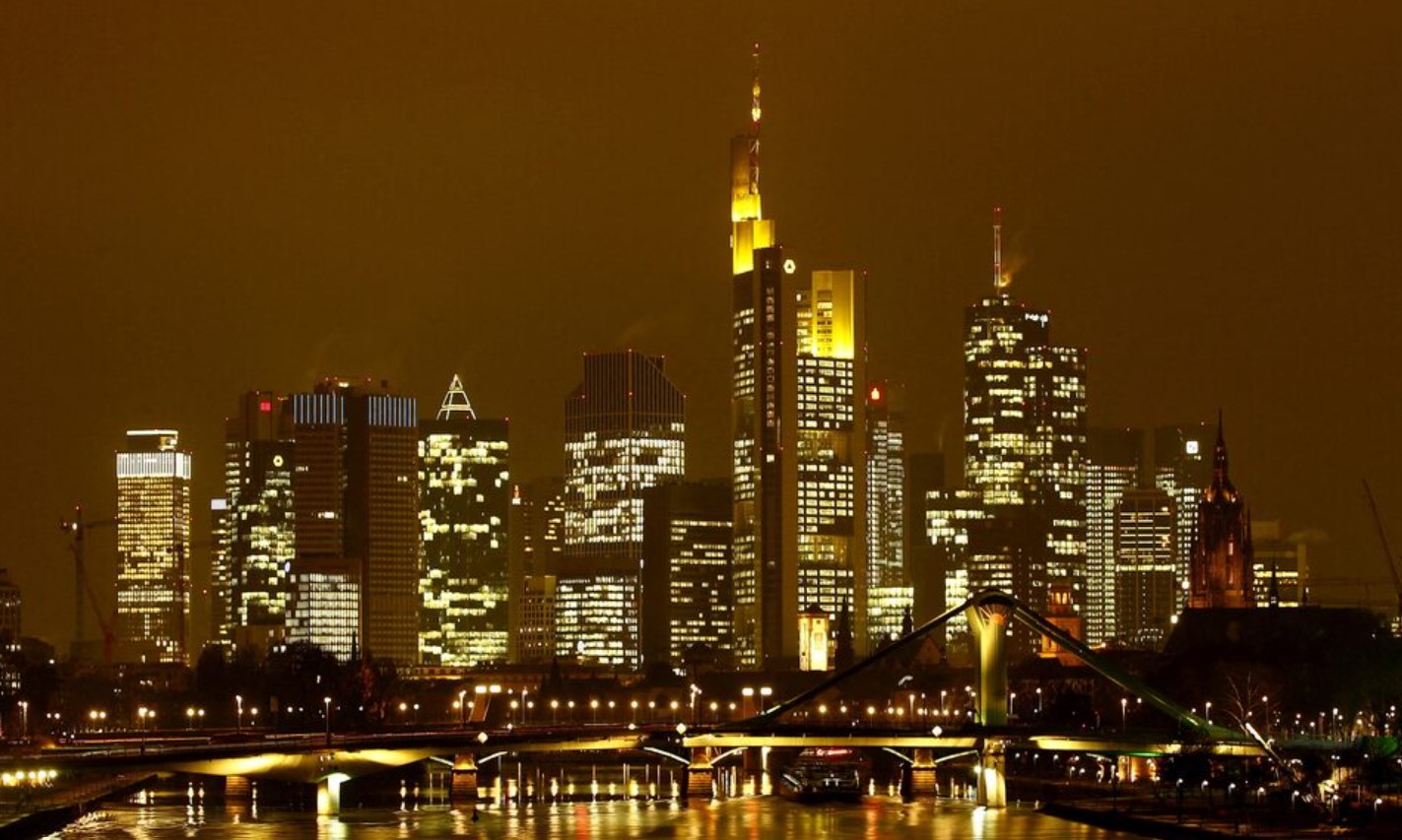Bussiness
What Europe’s politicians hope for new Taiwanese chip plant in Germany

Science|Business – Table.Media partnershipScience|Business has partnered with Table.Media, a leading source of news about higher education and research in Germany. Each week, we are publishing one of each other’s stories to give readers an even broader range of insight into R&D policy across Europe. |
Taiwanese semiconductor giant TSMC broke ground on Tuesday on a massive new plant in Dresden, its first in Europe and a marker of the continent’s newfound chip ambitions.
The factory, formally called European Semiconductor Manufacturing Company, is a collaboration between TSMC and three established European partners: Infineon, Bosch, and NXP.
Top politicians and company CEOs who symbolically shovelled dirt at the groundbreaking ceremony on 20 August hailed the project as a tentpole in Germany’s and Europe’s efforts to catch up in the critical sector of semiconductors.
“This is more than a groundbreaking ceremony,” European Commission President Ursula von der Leyen said. “It is an endorsement for Europe as a global innovation powerhouse.”
The €10 billion plant, partly funded by €5 billion in subsidies from the German government that were unlocked through the European Chips Act, represents one of the single largest investments in Saxony’s history, and will focus on making chips for cars. C C Wei, TSMC CEO, said the company chose to expand to Germany to be “close to our customers.”
Pandemic-era supply chain disruptions, which hurt Germany’s critical automotive sector, woke up EU leaders to the reality that the continent needs to be a critical player in the chip industry.
Saxony is already critical to European chipmaking, with a third of the continent’s semiconductors manufactured in the Dresden area. It has branded itself as “Silicon Saxony.” The factory, scheduled to start operations in 2027, is expected to create about 2,000 high tech jobs, and local officials estimate the surrounding supply chain will generate more jobs.
Looming over the sector’s future in Germany are threats that were only briefly alluded to during the optimistic speeches at the groundbreaking: though he didn’t mention China by name, German Chancellor Olaf Scholz tied the new plant to Germany’s strategy of economically “derisking” from the geopolitical volatile superpower.
“We are dependent on semiconductors for our sustainable future technologies, but we must not be dependent on other regions of the world for the supply of semiconductors,” the chancellor said.
Caught in the geopolitical crosshairs
And von der Leyen pointed out that “at a time of growing geopolitical tensions, TSMC will also benefit from geographic diversification to Europe.” The company has been caught in the crosshairs of US-China tensions, with its stock price dropping last month after US presidential candidate Donald Trump said Taiwan should pay for US protection.
Much of the business sector also worries that the rise of the German far–right could make the country less appealing to skilled foreign workers who are desperately needed in the microelectronics sector.
Experts worry there will be a deficit between the number of high-tech roles in the region — Dresden business groups predict the jobs could total 100,000 by 2030 — and the number of qualified people who can fill them.
Scholz said Germany needs to create the “social and political conditions” that invite investment and have “no isolation, no anxiety about the future.” He said a “pro-European and future-oriented Germany” is needed, likely a dig at Euro-sceptic populist parties.










